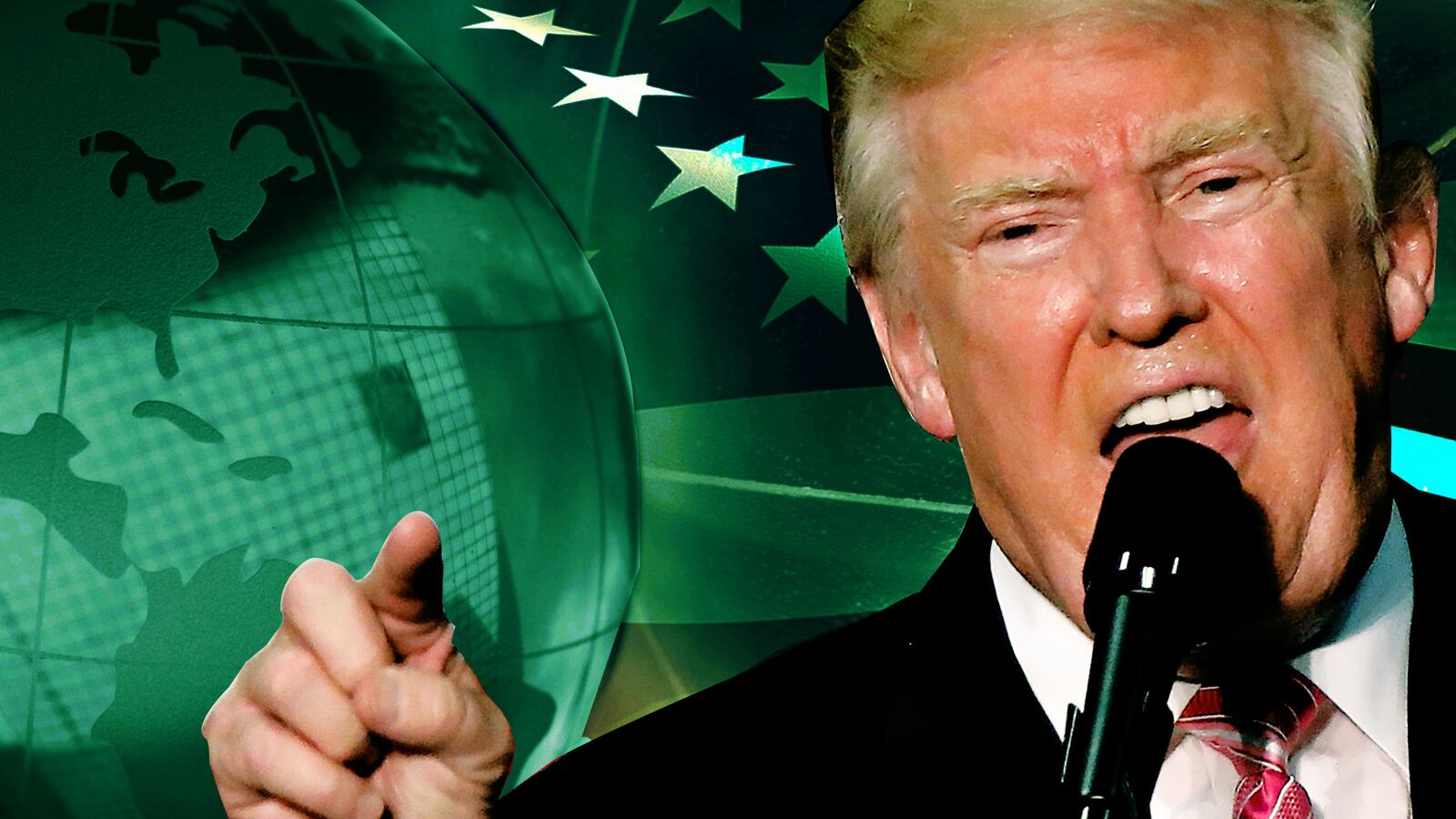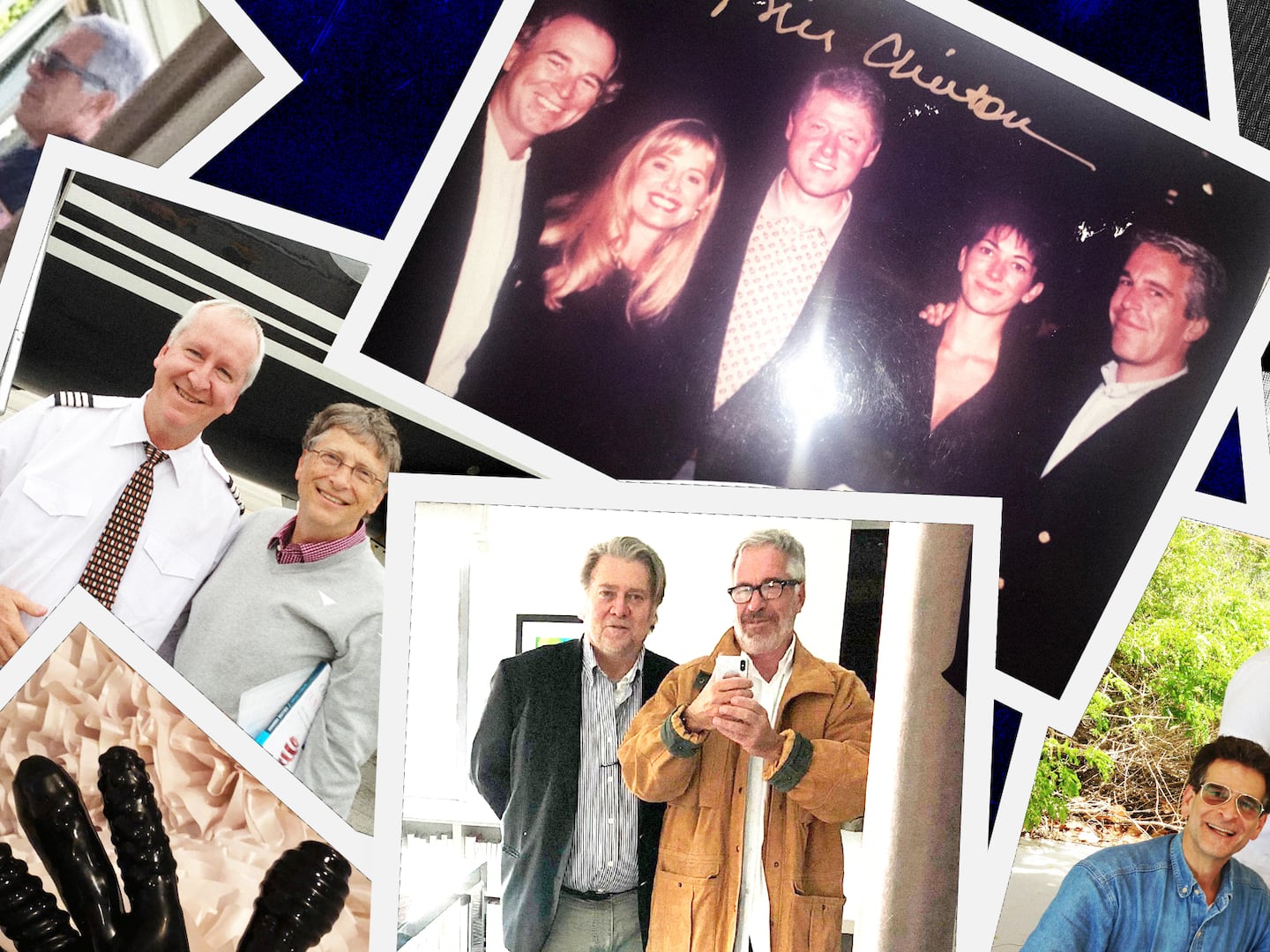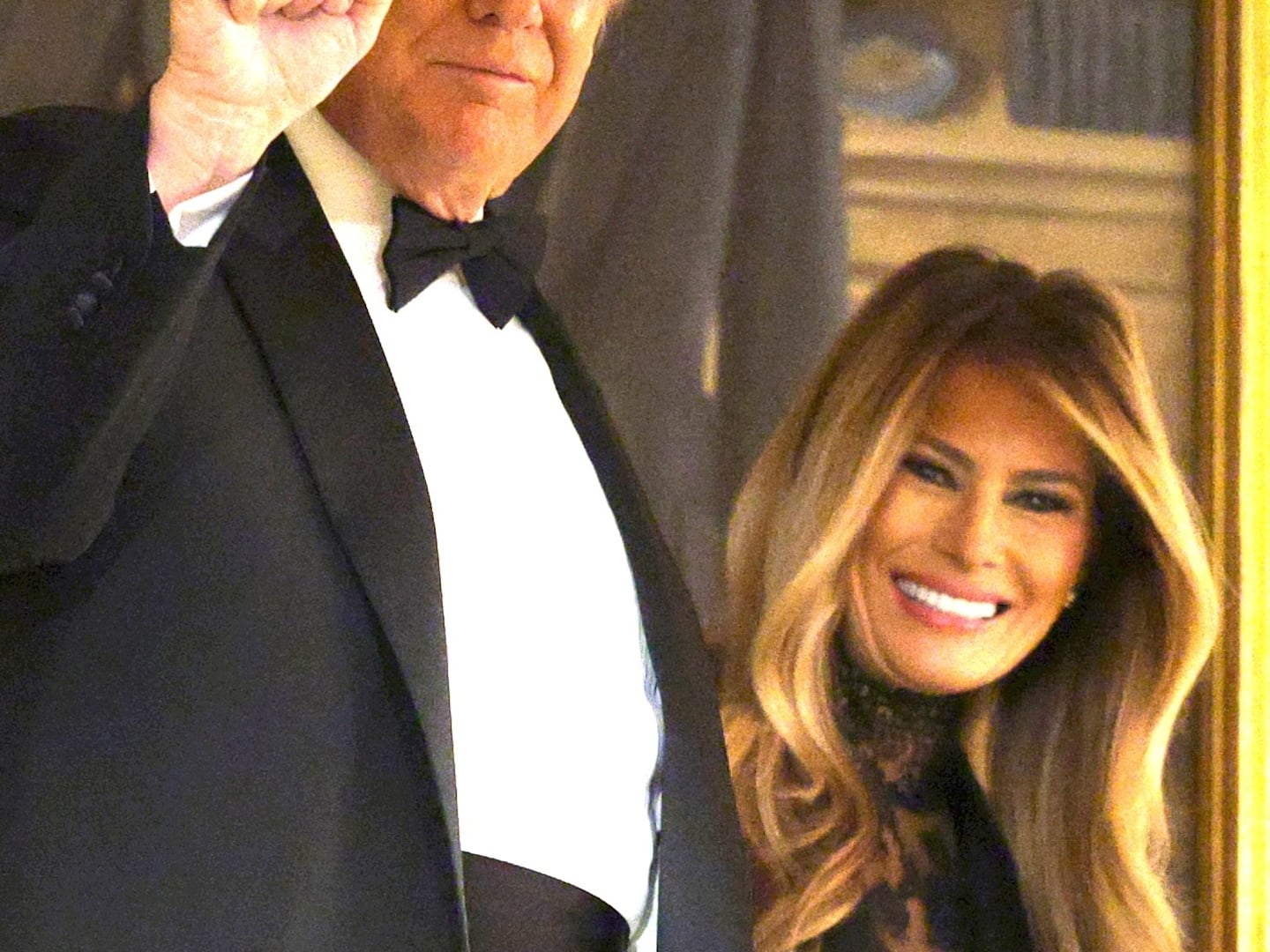Just about every single Donald Trump stump speech has the same moment.
The mogul pauses, pulls a folded sheet of paper from his jacket pocket, and reads off a list of factory closures printed on it. The factories are all in the general vicinity of the rally—well, for the most part—and Trump uses their closures as evidence of a central theme of his campaign: that free trade is sending all our jobs to China or Mexico.
Just one hiccup: In some cases, the factories Trump names haven’t actually closed. And in other cases, companies that closed plants subsequently opened plants in other parts of the United States.
In one situation, a company Trump called out as an outsourcer actually manufactures products in the U.S. that are then exported to China. Now, Trump’s general idea—that manufacturing in the U.S. is having a tough go of it—is correct. But the evidence he uses to push that narrative is often sloppy, incomplete, or just plain wrong.
Earlier this month, for instance, Trump went through his local-closed-factories routine at a rally in Ashburn, Virginia. Setting aside the fact that Ashburn is in America’s richest county and has basically zero manufacturing, Trump’s comments had some curious factual deficiencies. One of the companies he named as evidence that Virginia’s economy was suffering was Smithfield Foods Inc. And the company did close some Virginia plants, several years ago. But then a Chinese firm purchased it—in 2013 for $7 billion, as Institutional Investor reported—and kept operations going in the Old Dominion. Institutional Investor noted that there’s strong demand among middle-class Chinese consumers for American-made premium food products. So it’s not surprising that in 2014, Smithfield had its most profitable year ever, according to the Virginian-Pilot. Last September, Voice of America News reported that “[a]fter two years under Chinese ownership, the Smithfield company is doing well financially and employment is growing.”
And that growth is happening in Virginia.
Apparently no one told Trump.
In another case, Trump told rally attendees that the closure of a Chicago-area Nabisco plant would result in 1,200 people losing their jobs to Mexico. The mogul spent much of last year bashing Nabisco for the downsizing, and even said he would stop purchasing Oreo cookies to punish the company. But the damage was only half the size Trump said it was; the local ABC affiliate reported that the closure resulted in 600 lost jobs, not 1,200.
Also wrong: Trump’s statement that Nabisco was “closing up shop” in the Windy City. The plant he referred to stayed open, just with fewer employees.
And in a June press release, Trump pointed to the closure of an Ethan Allen facility in Vermont as a casualty of “Clinton-backed trade policies.” Ethan Allen did indeed close a Vermont facility, in 2009. As a result, more than 200 workers lost their jobs.
But an Ethan Allen spokesperson defended the company’s corporate practices to The Daily Beast, saying its two remaining Vermont facilities actually export products to China.
“Ethan Allen is one of the very few companies that makes about 70 percent of products in our North American manufacturing plants,” the spokesperson said.
Another company Trump cited in that release, Osram Sylvania, also defended its commitment to New England. Company spokesman Glen Gracia said it closed a plant in Manchester, New Hampshire, because of decreasing global demand for the lighting products manufactured there, “not any free trade agreements.”
Trump spoke to supporters in front of the empty factory in June of this year. But it won’t be empty indefinitely. The Concord Monitor reported on June 30 of this year that developers plan to spend upward of $40 million to turn it into a mall. That endeavor will, inevitability, create a job or two.
Trump also ripped into Risdon AMS for laying off 40 workers in 2002 when it moved some manufacturing work from New Hampshire to Mexico. According to an AP report at the time, about 20 of the workers who lost their jobs were refugees, including workers from Bosnia, Nigeria, and Iraq. What Trump didn’t mention is that the company that owns Risdon AMS—Crown Holdings Inc., which manufactures packaging—announced in January of this year that it will invest $132 million on a new manufacturing facility in upstate New York. New York’s governor, Andrew Cuomo, estimated that the facility will create 160 new jobs. But that isn’t the kind of thing that sounds good in a Trump stump speech.
Look, it’s not up for debate that the United States has lost a ton of manufacturing jobs over the past few decades. But Donald Trump’s apocalyptic vision of the American economy is often based on evidence that’s faulty, incomplete, or just plain wrong—almost like he hasn’t quite figured out what’s going on.






